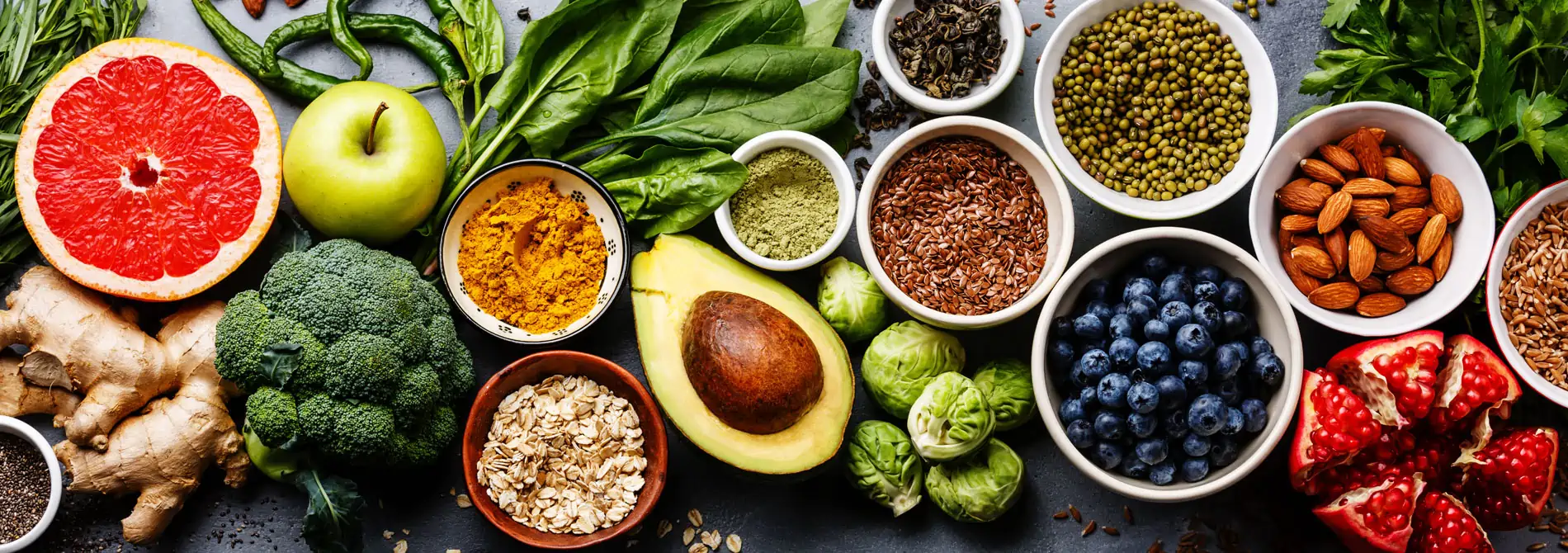By Tim Pearce, Executive Chef
I love food. Thai, BBQ, my mums, French and Italian, I love it all.
I’ve been cooking all my life, and food has taken me to places far and wide. My elder brother was a chef, that’s where I stole the idea. His influence played a huge part in my early career, but it’s my elder sister’s influence that ties this all together. Funnily enough, I didn’t realize that influence until much later.
Fast forward many years, and I find myself in an interview for the Executive Chef at Hanley Center. A position that I wasn’t thrilled about. I wasn’t even sure I wanted to venture into the health care side of things. Then I had a conversation during my interview with the CEO. “We have a unique opportunity here. We want to make nutrition a key part of recovery,” she said. Of course, I thought, “That’s it!”
You see, my elder sister worked in a holistic health food store. I would spend the afternoon after school watching, learning, and listening to why a balanced diet was so important in the restoration and recovery of the body, mind, and soul.
If you or a loved one need help, call our admissions team today at 561-270-1753.So, what does nutrition have to do with mental health?
Perhaps we reverse the question and ask why poor nutrition affects mental health so negatively. Here we have a list of ailments from:
- Depression
- Alzheimer’s
- Anxiety
- Eating disorders
- Bipolar disorder
Nutrition is key for positive mental health.
The brain is the most complex of organs and needs a balanced diet full of antioxidants, omega 3’s and nutrient dense foods. It is constantly working, even when we are sleeping, so we need to fuel it as best we can. You wouldn’t put diesel in a jet engine and expect to fly. We all know what we like to eat, but is it what our body needs?
How does food make us feel?
Do you really know your own body? I started a food diary and entered how the foods made me feel. Sleepy or lethargic, foggy, stomach aches. I then tweaked my diet, limited my sugar consumption, ate an abundance of fresh fruit or nuts for my snacks, and cut out processed, prepackaged foods. I also ate a good size serving of vegetables and drank plenty of water. I learned a lot about myself and “my diet” and how my body reacts to certain foods. I not only slept better and had a clarity of thought; I was also more productive and positive throughout the day.
Our society today eats based on how convenient food is. However, we should give more thought towards how it makes our mind and bodies feel. A balanced diet rich in antioxidants and omega3’s can set us up for success and even assist in our recovery. I know I have seen it here. Daily.
Food is fuel. Fuel your body well.
For my younger sister, Sara, who lost her battle with depression far too young.
Headwaters is a well-known care provider offering a range of treatment programs targeting the recovery from substance use, mental health issues, and beyond. Our primary mission is to provide a clear path to a life of healing and restoration. We offer renowned clinical care for addiction and have the compassion and professional expertise to guide you toward lasting sobriety. For information on our programs, call us today: 561-270-1753.





